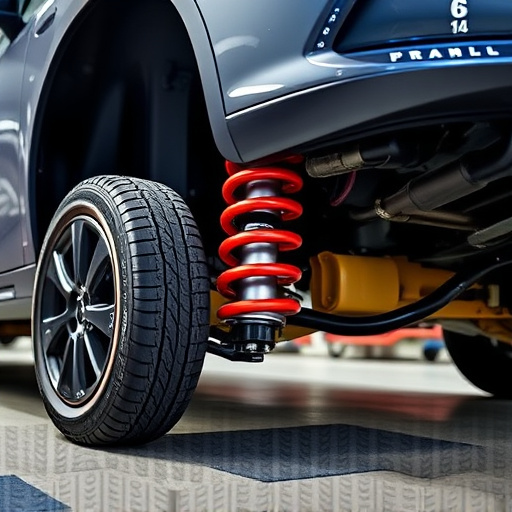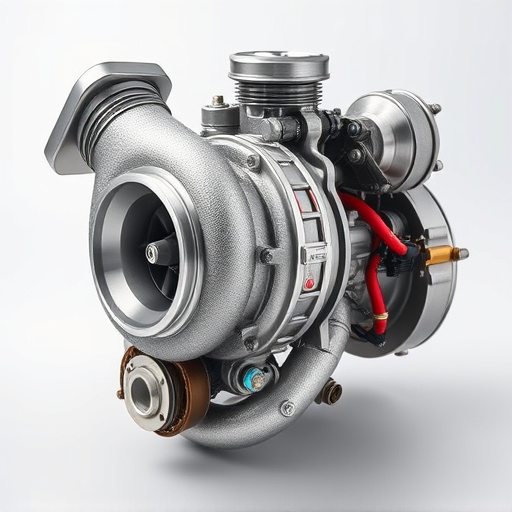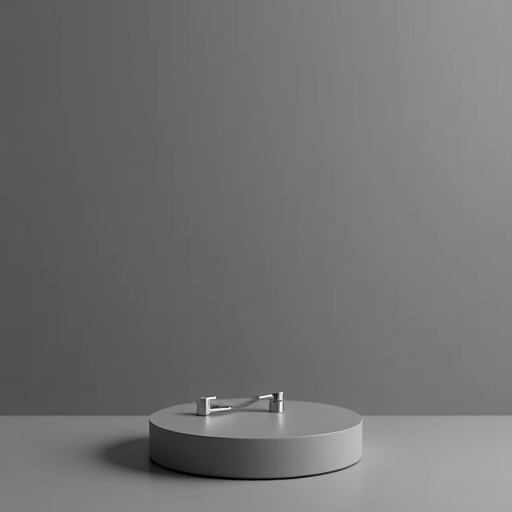Defining success for custom design services involves client satisfaction rates, repeat business, positive reviews, timely delivery, budget adherence, and realization of client visions. Evaluating feedback through surveys, discussions, and online reviews identifies areas of excellence and improvement. Measuring business outcomes like customer retention, brand loyalty, and market share drives growth by refining services and innovating based on consumer preferences in a dynamic landscape.
In today’s competitive market, measuring success is paramount for any business offering custom design services. This article explores the multifaceted approach to evaluating the impact of tailored design solutions. We delve into defining key success metrics, understanding client satisfaction through feedback mechanisms, and quantifying the drive behind business growth. By aligning these aspects, custom design service providers can ensure their work resonates with clients and contributes significantly to long-term success.
- Defining Success Metrics for Custom Design Services
- Evaluating Client Satisfaction and Feedback
- Measuring Impact and Business Growth Drivers
Defining Success Metrics for Custom Design Services

Defining success metrics for custom design services is a pivotal first step. It involves clearly outlining what successful delivery looks like for your specific offerings, whether it’s car customization, high-quality finishes, or comprehensive vehicle protection. These metrics should align with client expectations and business goals. For instance, for a car customization service, success might be measured by the percentage of clients satisfied with the final product, the number of repeat customizers, or the positive reviews received.
When it comes to custom design services, success isn’t merely about the final outcome; it’s also about the process and client experience. Metrics like timely delivery, adherence to budgets, effective communication throughout the customization journey, and the ability to meet or exceed client visions can significantly contribute to overall success. This holistic approach ensures not only high-quality finishes but also satisfied customers who are more likely to become brand advocates.
Evaluating Client Satisfaction and Feedback

Evaluating client satisfaction is a critical component of measuring the success of custom design services. It offers valuable insights into how well the delivered product meets—or exceeds—client expectations. This process involves gathering feedback through various channels such as post-delivery surveys, in-person discussions, or online reviews. By actively seeking input from clients, businesses can identify areas of exceptional performance and aspects that require refinement.
In the realm of custom design services, client satisfaction is directly linked to the quality of outcomes, including tasks like paint correction, window tinting, and heat rejection. Positive feedback for these services indicates successful implementation and a high level of customer appreciation. Conversely, negative or mixed reviews can highlight potential issues with communication, execution, or understanding of client needs—problems that proactive businesses can address to continually enhance their offerings.
Measuring Impact and Business Growth Drivers

Measuring the impact of custom design services is paramount to understanding their success and identifying growth drivers. Beyond quantifying sales or client satisfaction, gauging success involves evaluating how these services influence business metrics such as customer retention, brand loyalty, and market share. By tracking the adoption rates of custom features—like vehicle enhancement options like window tinting or car customization add-ons—businesses can uncover insights into consumer preferences and tailor their offerings accordingly.
This data-driven approach not only helps in refining existing services but also acts as a compass for future innovations. For instance, high demand for specific car customization trends could signal a need to expand service lines or invest in new technologies that facilitate these requests. Ultimately, continuous evaluation and adaptation are key to sustaining competitive advantage within the dynamic landscape of custom design services.
Custom design services’ success is multifaceted, extending beyond initial client satisfaction. Defining clear metrics, such as project impact on business growth and positive client feedback, is essential for gauging the true value of these services. By evaluating these factors, businesses can ensure their custom design efforts not only meet but exceed expectations, driving sustainable success in a competitive market.














